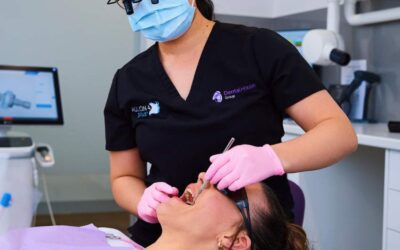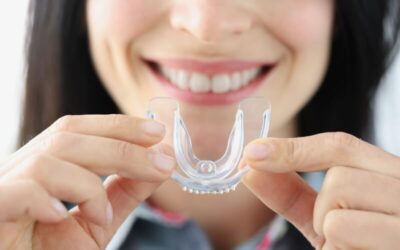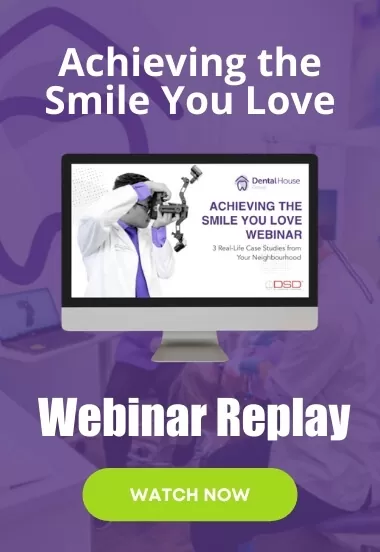4 Things Your Mouth Can Tell You about Your Health
4 Things Your Mouth Can Tell You about Your Health
These oral symptoms—from cavities to bleeding gums—sometimes signal an underlying problem.
Sure, your breath may remind you about the garlic you ate at lunch. But that’s not all your mouth can tell you: Problems with your gums, teeth, and tongue can hint at health concerns deeper in the body, says Betty Haberkamp, DDS, a dentist at the Cleveland Clinic. Here are four oral signs you should see your doctor or your dentist.
If you suddenly have a bunch of cavities
It might mean: Diabetes
Say you’ve gone most of your life without many cavities; then at your biannual check-up, your dentist announces you’ve got five. Assuming you’re not hooked on soda or taking any new medications, the tooth decay could be a sign that you’re body is having trouble processing glucose. When that happens, the sugar can build up in saliva and spur the growth of cavity-causing bacteria in the mouth, says Haberkamp. You might also feel some tooth pain, especially after eating something sweet, hot, or cold. “For the record, cavities aren’t the only oral side effect of diabetes,” she adds. “Gum disease, oral thrush, and dry mouth are others, too.”
If your teeth are “wearing away”
It might mean: Gastroesophageal reflux disease (GERD)
Heartburn can happen to anyone. But if you’re experiencing it more than twice a week for a few weeks in a row, you may have GERD, a condition in which stomach acids leaks into the esophagus. While some people experience a “burning” sensation in their chest or throat, others don’t experience any symptoms at all.
When stomach acid reaches the mouth, it can wear away the enamel on your teeth. “Erosion from GERD is typically on the tongue side of the teeth,” says Haberkamp. “A person may not notice this, since it may occur slowly, but a dentist would notice on a periodic exam.” If you are diagnosed with GERD, it may be treated with antacids, prescription meds, and lifestyle changes like avoiding certain foods and eating smaller, more frequent meals.
If your gums bleed when you brush
It might mean: Gingivitis
Unless you just started flossing your teeth or you’re brushing too hard (in which case, ease up!), blood in the sink may indicate inflammation of your gum tissue caused by plaque buildup along the gum line. Left untreated, gingivitis can lead to more serious periodontitis, in which the gums recede from the teeth and form pockets that get infected. And that may signal trouble beyond your mouth: A study published in the American Heart Journal found that people with periodontitis are also more likely to have heart disease, though it’s unclear whether caring for your teeth can also protect your ticker.
Make an appointment with your dentist if you think you might have gingivitis. Also make sure you’re using the right toothbrush (one that’s not too stiff), and remember to floss gently: The American Dental Association recommends that people lightly “guide” the floss between your teeth—not saw it back and forth until it scrapes your gums.
If you have white spots on your tongue
It might mean: Oral thrush
White patches or plaques can be a symptom of oral thrush, an infection caused by an overgrowth of the Candida yeast. It’s not super common, but people who have diabetes, dry mouth, or a depressed immune system are more at risk. Additional signs of the infection include redness, difficulty swallowing, or cracking at the corners of your mouth. If you develop thrush, your MD may prescribe an antifungal medication.
Click here to read the original article.
Services we mentioned:
More Wellness Infographics
Red, Red Wine: Is It Beneficial For Oral Health?
Is red, red wine beneficial for our oral health? Or does it just feel good at the time & if you overdo it you feel like cr*p the next morning…
Detecting Oral Cancer Is Given The Brush
In 2020, Oral Cancer accounted for almost 380,000 cases, and 180,000 deaths globally. It’s on the increase with diagnosis incidents…
Could The Surge In Pneumonia In Children Be Related To Their Teeth Brushing?
Kids and teenagers are not self-maintaining, and nor is their oral health. Teeth brushing: spend time with it frequently…
What Is Dental Sleep Medicine? It’s Not Sleep Dentistry
Dental Sleep Medicine is the intersection of dentistry with issues affecting sleep. Snoring, sleep apnoea, & related breathing disorders…















